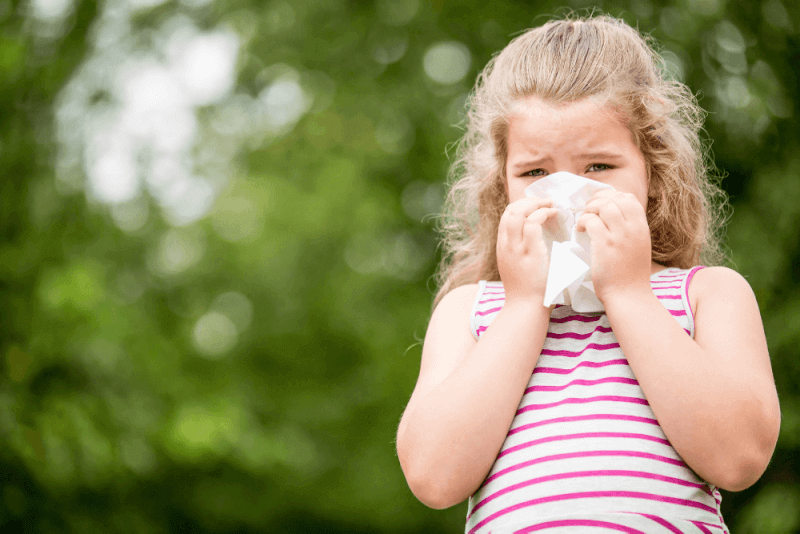What is summer flu?
Caused by Influenza A and B viruses, summer flu is a type of flu that occurs in the summer months. Until the Covid-19 pandemic, the flu season was usually seen in the autumn and winter months. However, after the pandemic, there has been a significant increase in the incidence of summer flu.
The symptoms caused by summer flu last between 7-10 days. As with the flu seen in autumn and winter, the treatment is applied based on the symptoms.
Summer flu diagnostic methods
Evaluating the symptoms is usually sufficient for the diagnosis of summer flu. If necessary, laboratory tests can be applied. Generally, symptoms such as sore throat, runny nose, fever, and cough seen in the patient are sufficient for the diagnosis of summer flu. However, in some cases, testing nasal and throat culture samples can definitively determine the presence of the influenza virus.
Causes of summer flu
The most common cause of summer flu is influenza viruses. These viruses spread through the air by sneezing or coughing, reaching other people. Additionally, contact with the mouth or nasal secretions of an infected person or touching the same surfaces as the infected person can also cause the disease to spread.
During the summer, the rapid spread of the virus can be due to people being more socially active. Moreover, the humid and hot conditions of the summer allow the virus to remain in the environment for a longer time.
Symptoms of summer flu
The symptoms caused by summer flu are similar to those of the common cold. These symptoms include the following:
- High fever
- Sore throat
- Headache
- Cough
- Nasal congestion or runny nose
- Fatigue
- Weakness
- Diarrhea
- Vomiting
- Muscle pain
- Joint pain
Treatment methods for summer flu
The treatment of summer flu is aimed at alleviating the symptoms. Therefore, medications that help relieve the patient's symptoms, such as nasal decongestant sprays and antipyretics, are prescribed. Since it is caused by an infection, antibiotics are not used. Some methods that can be applied at home to manage the symptoms of summer flu include:
- Drinking plenty of fluids
- Resting
- Increasing the humidity in the environment
- Paying attention to hand hygiene
Summer flu in babies and children
Summer flu affects babies more than adults. Although it is commonly believed among the public that summer flu in babies is caused by catching a chill, the real cause is viruses. The symptoms that can be seen in babies and children in this case include the following:
- Muscle aches
- Diarrhea
- Dry cough
- Fever of 38 degrees and above
- Nausea
- Extreme fatigue








